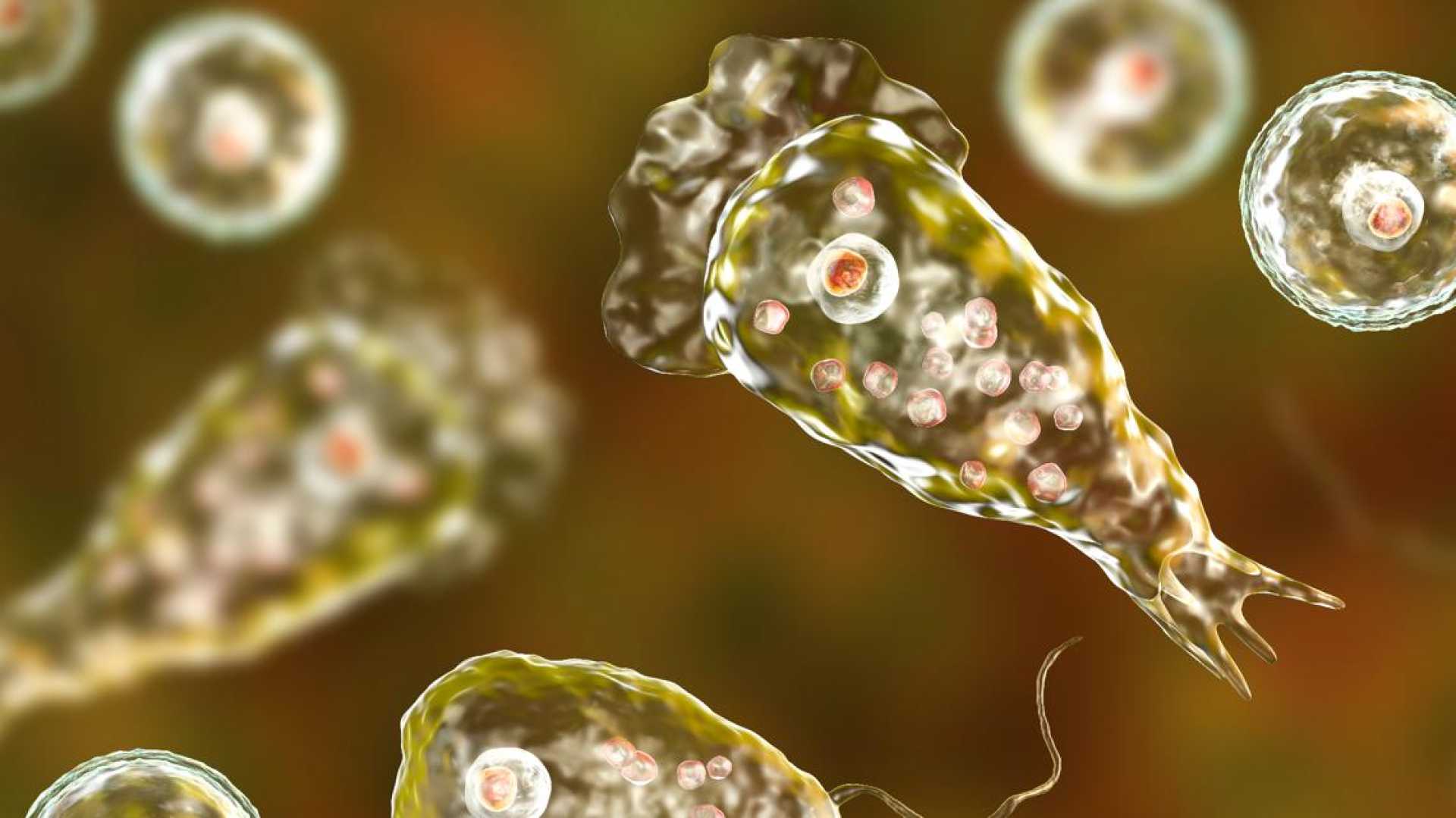Health
Brain-eating Amoeba Claims Life in South Carolina

COLUMBIA, S.C. – The South Carolina Department of Public Health (SCDPH) confirmed Monday evening that a patient infected with Naegleria fowleri, commonly known as the brain-eating amoeba, has died. The case was identified in the Midlands region during the week of July 7.
According to SCDPH, Naegleria fowleri is a naturally occurring amoeba found in warm freshwater, including lakes and rivers, especially during the summer months. The agency stated that Naegleria fowleri is not required to be reported, and therefore, individual case details, including the patient’s condition before death, are not disclosed.
Dr. Anna Kathryn Burch, a pediatric infectious disease physician at Prisma Health Children’s Hospital, extended her condolences to the family of the victim, emphasizing the care and support provided by the hospital staff.
Infection with Naegleria fowleri is rare, with fewer than 10 cases reported annually across the United States. However, the infection is almost always fatal. Symptoms typically resemble those of meningitis, including headache and fever, and progress rapidly to more severe symptoms such as confusion and seizures.
Experts urge recreational water users to limit exposure to warm freshwater, stressing that the amoeba can be introduced through the nasal passages. The CDC recommends minimizing activities like diving that can force water into the nose. The risk of exposure remains very low, but awareness of symptoms and conditions is critical.
Clemson University‘s Eukaryotic Pathogens Center is researching methods to develop treatments, hoping for advancements despite the lack of a current cure for the infection. This includes experimental work with compounds that have shown potential in extending the lives of infected subjects, although the research is still in its early stages.
This story remains developing as health officials continue to monitor and respond to the situation in the state.












